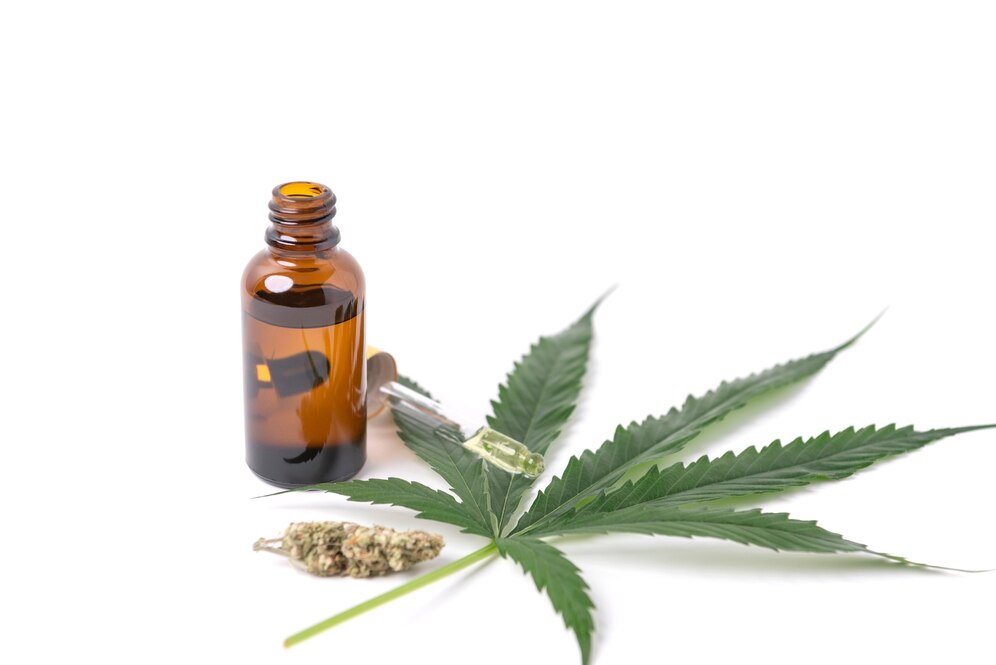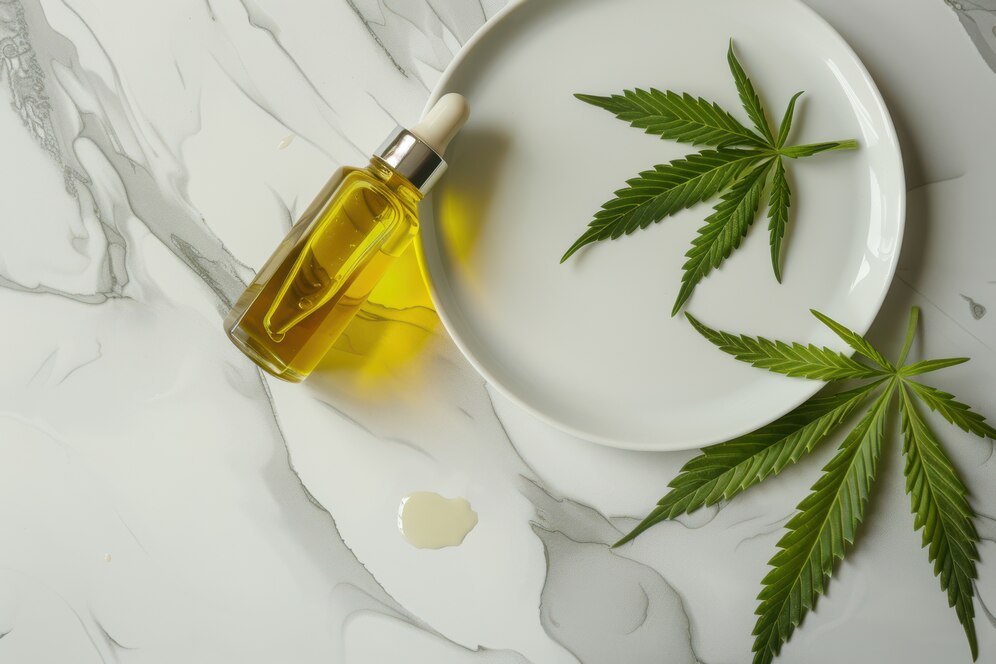Table of contents
In today’s rapidly expanding wellness market, the terms CBD and hemp seed oil are often used interchangeably, leading to confusion among consumers. However, despite both coming from the cannabis plant, they are quite different in terms of extraction, composition, benefits, and uses.
Understanding the differences between CBD vs. Hemp Seed Oil is crucial to making informed purchasing decisions and maximizing health benefits. In this article, we’ll explore everything you need to know about these two popular oils.
What is CBD?

CBD (cannabidiol) is a naturally occurring compound found primarily in the flowers, leaves, and stalks of the hemp plant. It belongs to a class of compounds called cannabinoids and is celebrated for its potential therapeutic effects without the psychoactive high associated with THC.
CBD interacts with the body’s endocannabinoid system (ECS) to help regulate various functions such as mood, sleep, appetite, and pain perception. As a result, CBD products are often used to support anxiety relief, pain management, sleep quality, and overall wellness.
What is Hemp Seed Oil?

Hemp seed oil is extracted from the seeds of the hemp plant using a cold-press method. Unlike CBD oil, hemp seed oil contains little to no CBD. Instead, it is rich in nutrients like omega-3 and omega-6 fatty acids, vitamins, and minerals.
Hemp seed oil is primarily used as a nutritional supplement or skincare ingredient because of its high antioxidant and moisturizing properties. It’s also commonly found in cooking oils, lotions, and hair care products.
CBD vs. Hemp Seed Oil: Key Differences
Understanding CBD vs. Hemp Seed Oil requires looking at several critical aspects:
1. Source
- CBD is extracted from the flowers, leaves, and stalks of the hemp plant.
- Hemp Seed Oil comes solely from hemp seeds.
2. Cannabinoid Content
- CBD products contain significant amounts of cannabidiol.
- Hemp Seed Oil contains no CBD or only trace amounts.
3. Uses
- CBD is mainly used for therapeutic purposes like reducing anxiety, managing pain, and improving sleep.
- Hemp Seed Oil is used for nutritional supplementation, skin moisturization, and cooking.
4. Extraction Method
- CBD is typically extracted through CO2 extraction or solvent-based methods.
- Hemp Seed Oil is obtained by cold-pressing hemp seeds.
5. Legal Status
- Both CBD and hemp seed oil derived from hemp are legal in many regions, but CBD may be subject to stricter regulations.
Benefits of CBD
- Reduces anxiety and stress
- Alleviates chronic and acute pain
- Improves sleep quality
- Supports neurological health
- Promotes emotional balance
Benefits of Hemp Seed Oil
- Provides essential fatty acids for heart health
- Moisturizes and nourishes skin and hair
- Supports immune function
- Contains antioxidants for overall wellness
- Aids in healthy digestion
How to Choose Between CBD and Hemp Seed Oil
When deciding between CBD vs. Hemp Seed Oil, your choice should depend on your health goals:
- If you’re seeking therapeutic relief (for anxiety, pain, sleep issues), CBD products are the better choice.
- If you’re looking for nutritional benefits or a natural skincare solution, hemp seed oil is a great option.
Always read product labels carefully to ensure you are purchasing what you intend, as some products may misleadingly use terms like “hemp oil” without specifying their content.
FAQs: CBD vs. Hemp Seed Oil
No, hemp seed oil does not contain active cannabinoids like CBD and thus does not provide the same therapeutic effects.
Yes, because hemp seed oil contains no cannabinoids, it is widely legal and available in most countries.
Check the ingredient list. Products with CBD will list “cannabidiol,” “full-spectrum hemp extract,” or “broad-spectrum hemp extract.” Hemp seed oil will be listed as “hemp seed oil” or “cannabis sativa seed oil.”
It’s not recommended. Hemp seed oil is safe for cooking, while CBD oil is sensitive to high temperatures, which can degrade its potency.
Yes, some products blend CBD extract with hemp seed oil as a carrier, offering both nutritional and therapeutic benefits.
Final Thoughts
When it comes to CBD vs. Hemp Seed Oil, both oils offer valuable benefits, but they serve different purposes. CBD is your go-to for therapeutic support, while hemp seed oil shines as a nutritional and skincare powerhouse.
Understanding these key distinctions ensures that you choose the right product for your needs, helping you make informed decisions in the growing world of natural wellness.
Always look for high-quality, lab-tested products from reputable brands to ensure safety and effectiveness.





